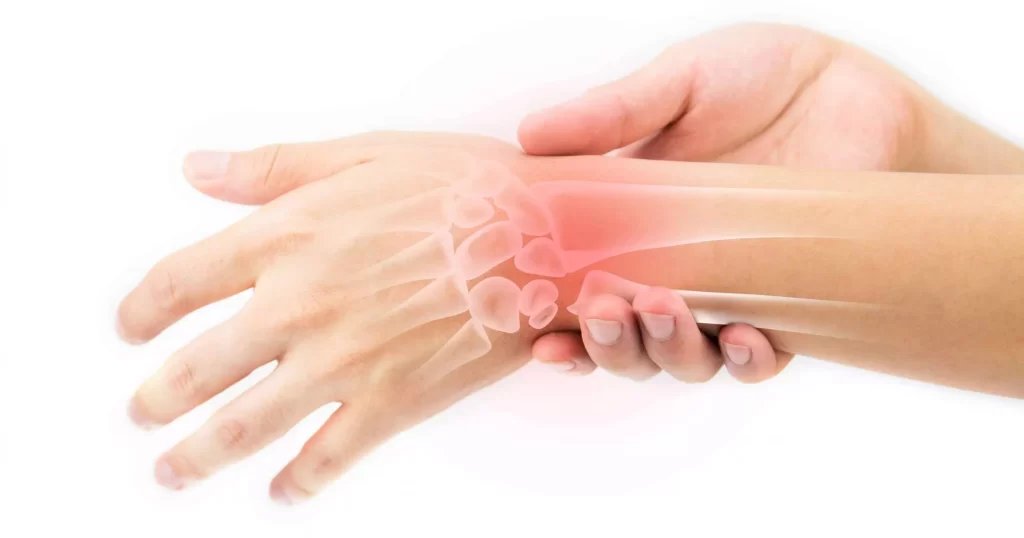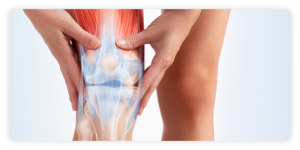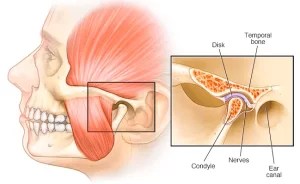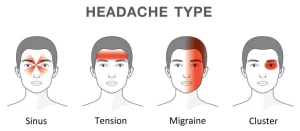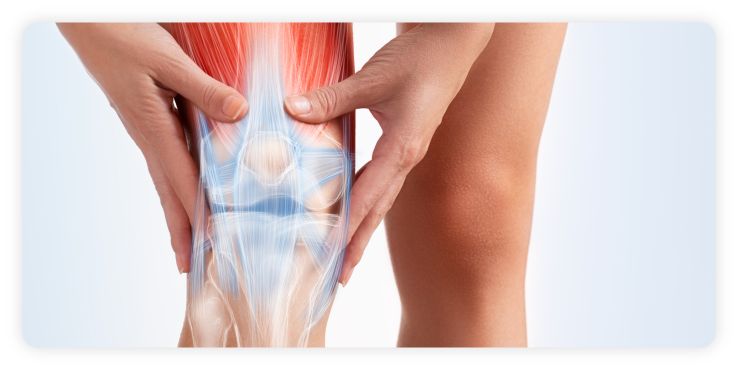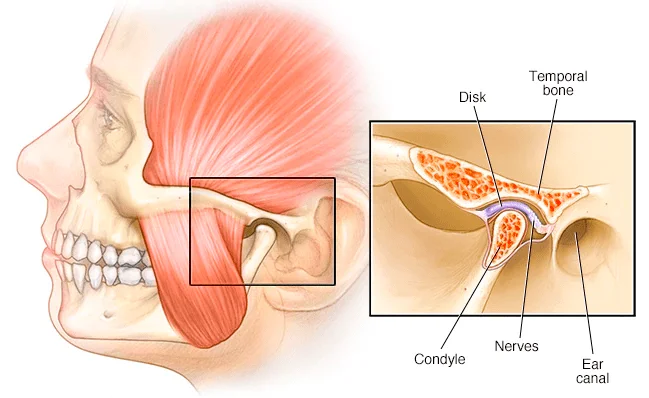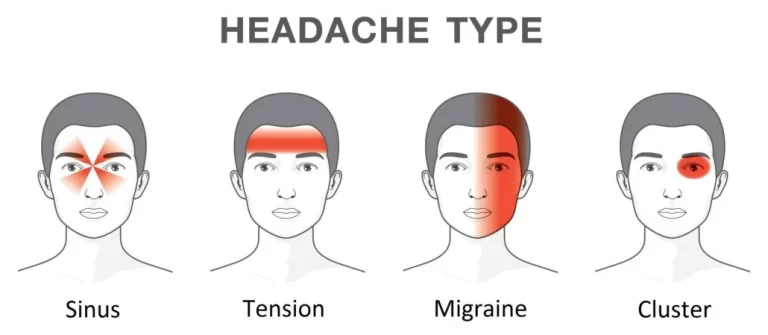What is a Repetitive Strain Injury (RSI)?
A Repetitive Strain Injury (RSI) or sometimes referred to as repetitive stress injury is a gradual buildup of damage to muscles, tendons, and nerves from repetitive motions. In many cases, physiotherapy in Singapore may help manage symptoms by addressing muscle imbalances, improving ergonomics, and promoting recovery through guided exercises.
What causes Repetitive Strain Injury (RSI)?
RSI may be caused by many different types of activities. Activities that can increase the risk for RSI are stressing the same muscles through repetition, maintaining the same posture for long periods of time, maintaining an abnormal posture for an extended period of time, lifting heavy objects, being in poor physical condition, or not exercising enough. Previous injuries or conditions such as a rotator cuff tear or an injury to the wrist, back, or shoulder can also predispose one to RSI. Some common RSIs are Carpal Tunnel Syndrome, Bursitis, Rotator Cuff Tendonitis, and Tennis Elbow.
Symptoms of Repetitive Strain Injury (RSI)
RSI frequently affects the wrists and hands, forearms and elbows, neck, and shoulders. Symptoms may begin gradually and then become constant and more intense. Symptoms of RSI are pain ranging from mild to severe, tenderness, swelling, stiffness, numbness, throbbing, weakness, and sensitivity to cold or heat.
Repetitive Strain Injury (RSI) Treatment
If an RSI injury is suspected, resting the affected joint by avoiding the movement that is causing the pain is an important first step that starts the healing process. Physical therapy is also helpful in speeding up an RSI injury. Treatment program will include manual therapy, Cryotherapy, and heat therapy. Your therapist will also prescribe personalised exercises that are useful for restoring the mobility and strength of the affected joint. Apart from manual therapy and exercises, functional training as well as work desk station modifications for better posture, will be taught as treatment progresses. If in doubt, please seek professional advice.
Physiotherapy for Repetitive Strain Injuries
Managing RSI often involves modifying movement patterns, reducing strain on affected tissues, and supporting recovery through structured therapy. Learn more about how our physio clinic in Singapore may assist with personalised strategies to address repetitive stress and improve daily function.
Check out our popular articles: Diastasis Recti, Tight Back Muscles, Irritable Bowel Syndrome (IBS), Temporomandibular Joint (TMJ) Dysfunction, Tennis Elbow, Wrist Tendon Injury, Sciatica, Whiplash, Hernia, Herniated Disc (Slipped Disc).
